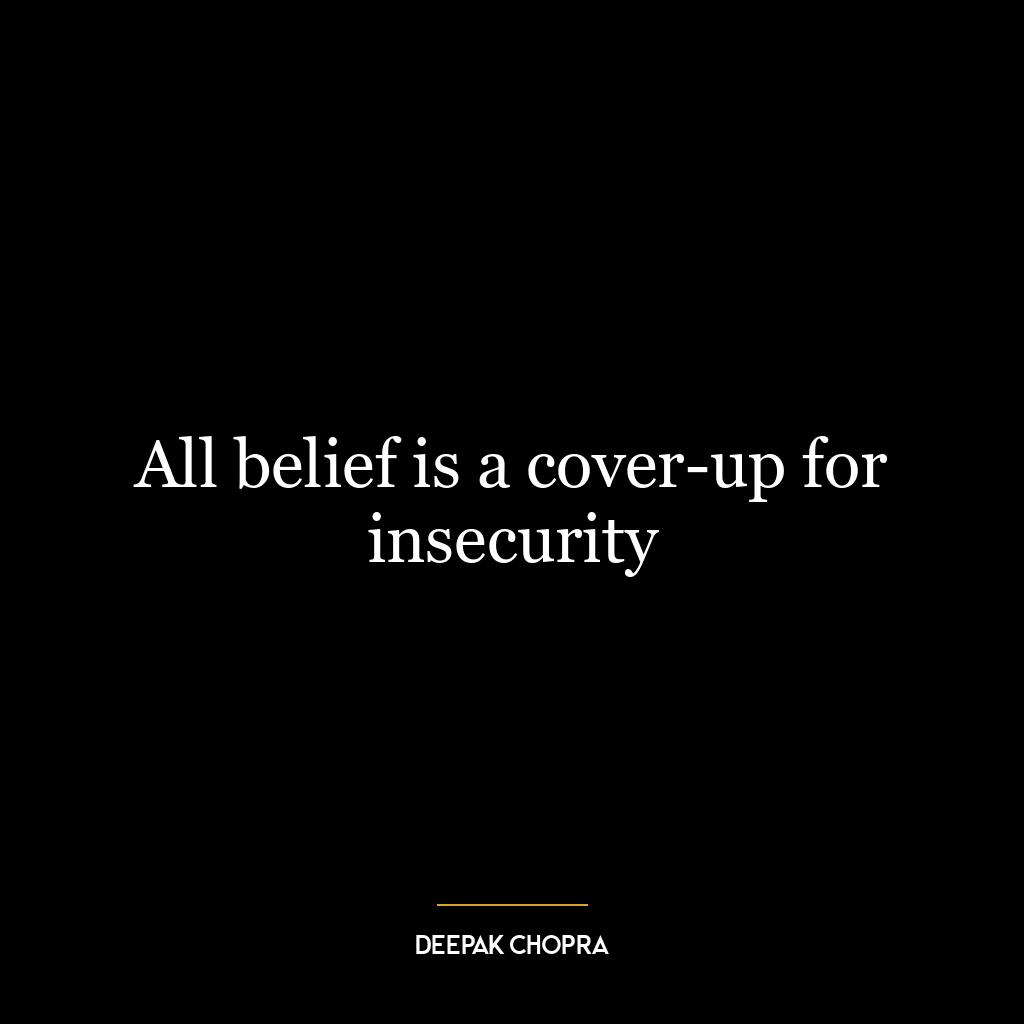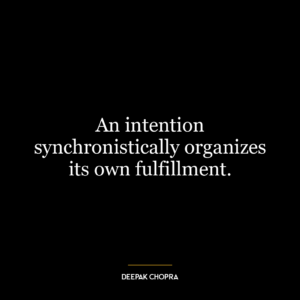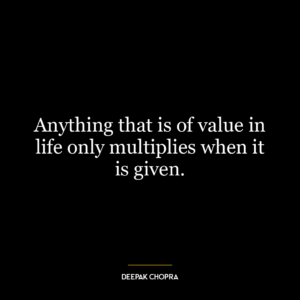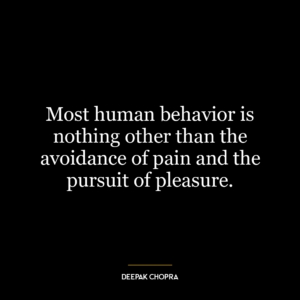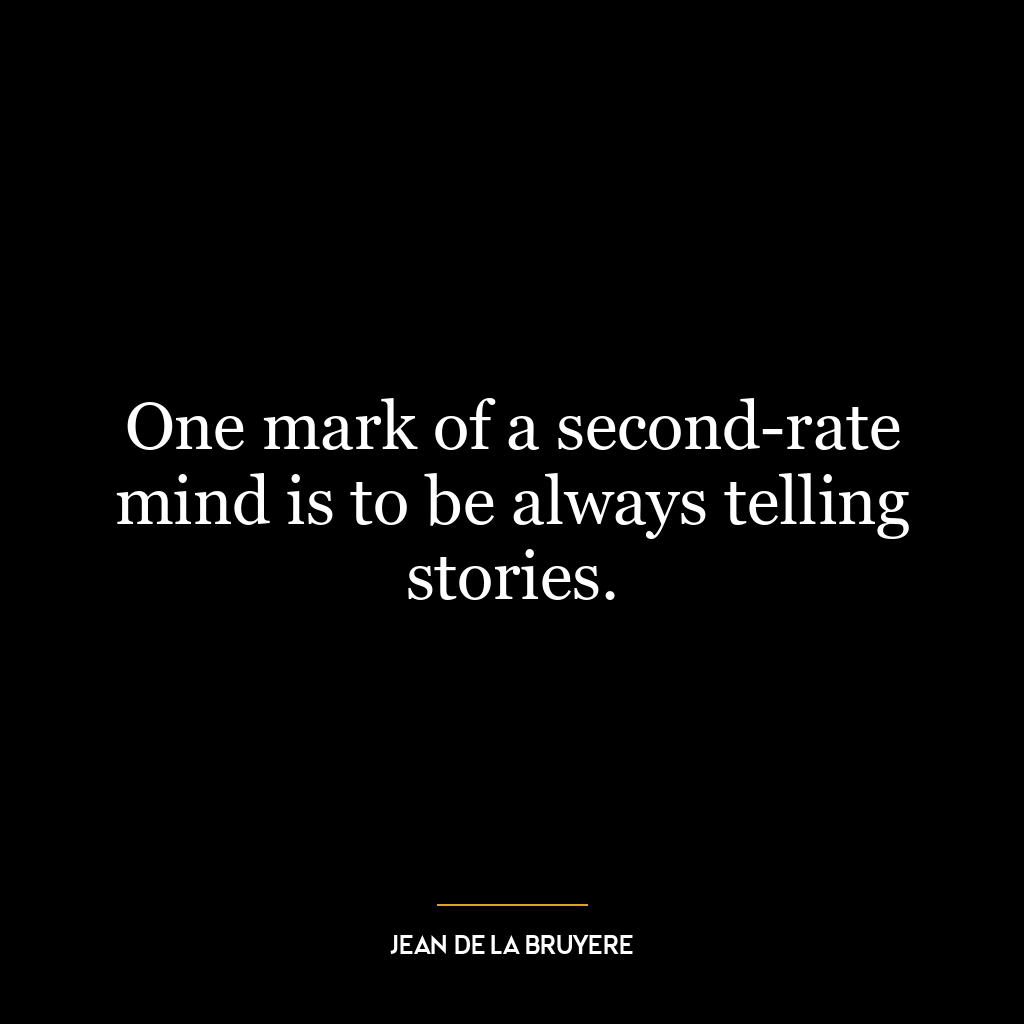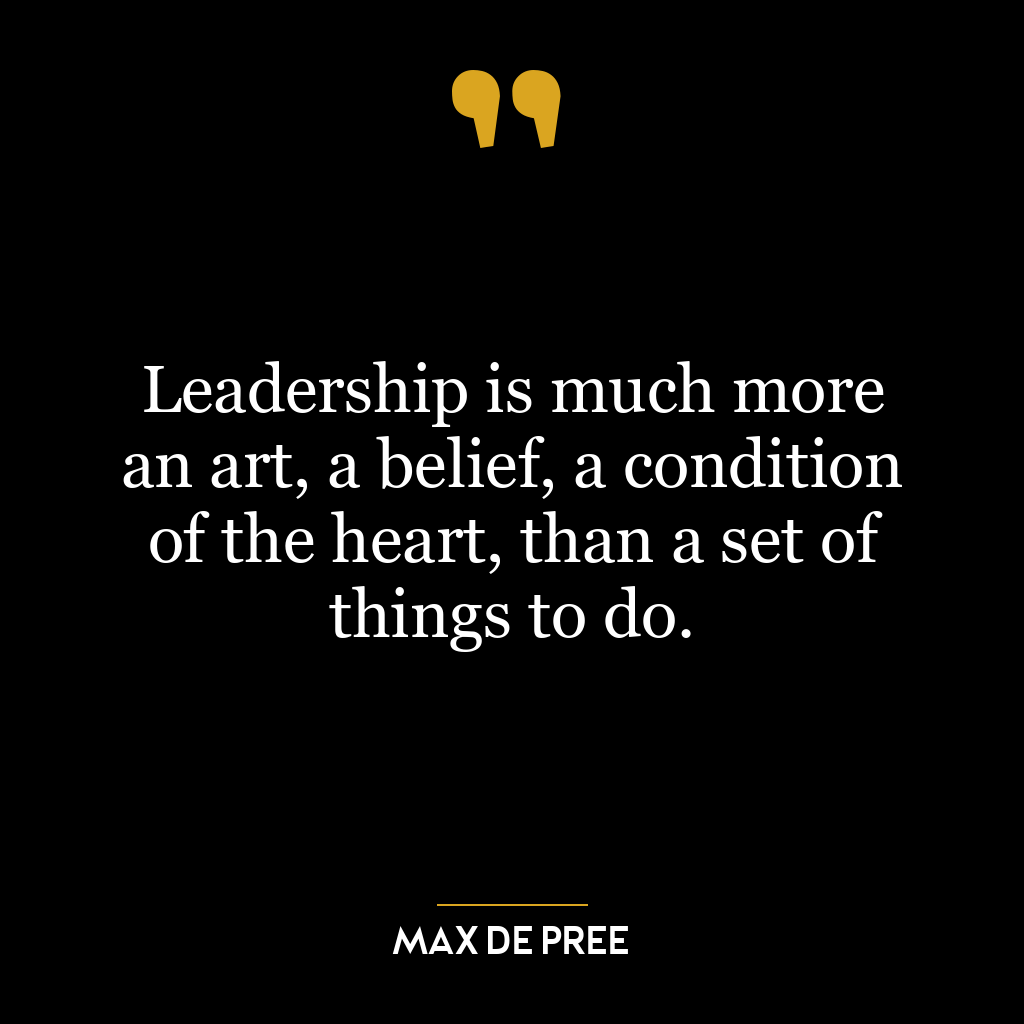“All belief is a cover-up for insecurity” is a statement that suggests the nature of belief systems as mechanisms we use to cope with our uncertainties and insecurities. It implies that we often hold onto beliefs to create a sense of security and certainty in an otherwise uncertain world. These beliefs can range from religious, philosophical, to personal convictions about ourselves and the world.
This quote suggests that we, as humans, are inherently insecure about the unknown. This insecurity can manifest in many ways, such as fear of death, the future, or even our own worthiness. To cope with these insecurities, we construct belief systems that provide us with comfort, predictability, and a sense of control. These beliefs help us navigate through life, giving us a framework to understand our experiences and the world around us.
However, the quote also implies a certain limitation of beliefs. As much as they provide security, they can also limit our understanding and growth. If we cling too tightly to our beliefs out of insecurity, we might close ourselves off to new ideas, experiences, or perspectives that challenge our existing belief systems.
In today’s world, this quote can be seen in action in many ways. For instance, in the realm of politics, people often cling to their political beliefs, refusing to consider alternative viewpoints, due to insecurities about their worldview being threatened. This can lead to polarization and conflict.
On a personal development level, understanding this quote could lead to a more open-minded and flexible approach to life. Recognizing that our beliefs are often rooted in our insecurities can help us question them, open ourselves to new ideas, and grow as individuals. It can encourage us to face our insecurities, rather than just covering them up with rigid beliefs. This can lead to personal growth, increased understanding, and greater emotional resilience.
In conclusion, while beliefs are crucial for providing a sense of security and meaning in life, it is equally important to recognize their limitations and the potential for growth in challenging them.

